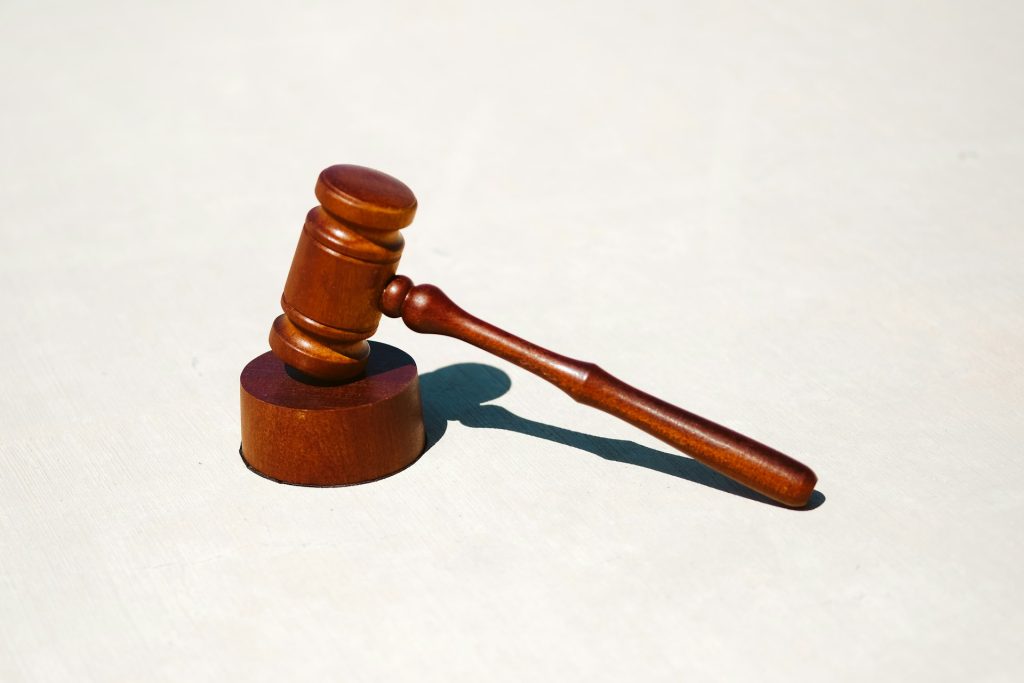
Are you struggling to collect unpaid rent from your tenants? Tenant debt collection can be challenging, but you don’t have to face it alone.
As a landlord, knowing how to handle debt properly can make a big difference. The right approach can help you get paid and keep your tenants on track.
This guide will show you the best ways to manage tenant debt. Keep reading to learn how to handle collections and protect your rental income.
Review Lease Agreements
Reviewing the lease agreement is a crucial first step in tenant debt collection. The lease outlines the terms for rent payments and late fees. If tenants fall behind, the agreement helps you know your rights.
Look for sections about payment schedules, penalties, and grace periods. It also tells you what to do if the tenant breaks the agreement. Knowing these details will guide your next steps.
Send Payment Reminders
Sending payment reminders is an important step in collecting unpaid rent. It’s best to send a reminder as soon as a payment is late. This shows the tenant that you are serious about getting paid. Keep your message clear and polite, but firm. Reminders can be sent through email, text, or even a physical letter.
Be sure to include the amount owed and any late fees. Offering a way to pay quickly can also help speed things up. If reminders don’t work, consider sending a second notice with more urgency.
Negotiate with Tenants
Negotiating with tenants can help you collect unpaid rent. Start by having an open conversation with the tenant. Ask if they are facing financial problems and see if they can make a partial payment. Offer a payment plan that works for both of you.
Be flexible, but make sure the plan is clear and fair. Set a deadline for when payments should be made. If the tenant agrees to the plan, get it in writing. A written agreement can help prevent future misunderstandings. Negotiating can often be a win-win if done with care and patience.
Explore Legal Options
If tenant debt continues after reminders and negotiations, it may be time to explore legal options. Start by checking your local laws about tenant debt collection. You may be able to file a claim in small claims court for unpaid rent. Before taking this step, gather all documents like the lease and payment history.
Consider hiring an attorney if you need help with the process. Legal action can be a last resort, as it can strain tenant relationships. However, it may be necessary to recover the owed money. Be aware of any time limits for filing a claim.
Consider Professional Help
Sometimes, dealing with tenant debt collection can be too stressful to handle alone. Hiring a professional can make the process easier and more effective. Debt collection agencies know the legal steps to take.
They understand how to collect unpaid rent after tenant moves out without breaking any laws. An attorney can also help if the situation becomes more serious. Professionals can save you time and prevent costly mistakes. Their experience can increase your chances of getting the money owed.
Learn More About Tenant Debt Collection
Debt collection can be challenging, but it’s important to stay proactive. Start by reviewing lease agreements and sending payment reminders.
If necessary, negotiate with tenants or explore legal options. Hiring professional help can make the process easier.
Looking for more tips and ideas? We’ve got you covered. Check out some of our other posts now.
